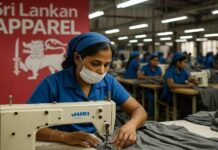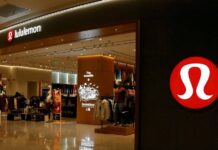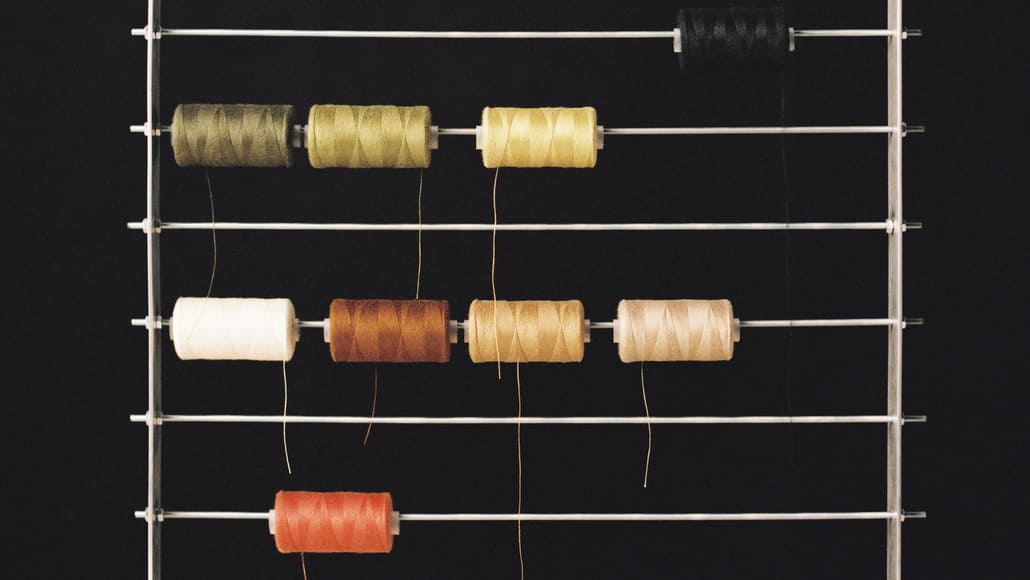Spanish fashion retailer Mango is taking a significant step towards sustainability by investing in The Post Fiber, an innovative start-up focused on post-consumer textile waste recycling. This move, facilitated through Mango StartUp Studio, marks Mango as the “first major brand” to invest in The Post Fiber, highlighting its commitment to integrating recycled materials into its supply chain.
The Post Fiber is the brainchild of four prominent companies within the textile industry: Hallotex, Moda-Re, Textil Santanderina, and Margasa. This start-up has developed a comprehensive system to manage post-consumer textile waste, transforming recyclable materials from discarded garments into high-quality fibers for its industrial partners. These fibers can be repurposed into new yarns, fabrics, and ultimately, garments.
As part of this investment, Mango secures a place on The Post Fiber’s board, with Berta Moral, the director of Mango Kids and Mango Teen, stepping in. Moral stated, “By collaborating with innovative start-ups, such as The Post Fiber, we seek not only to significantly advance our commitment to integrate a higher percentage of recycled fibres in our collections but also to support the growth of these emerging companies that are transforming the industry. With this initiative, we are contributing to scaling solutions that promote circular fashion and reduce the environmental impact of operations across the sector.”
Mango’s investment places it among the pioneering fashion brands incorporating post-consumer recycled fibers into their collections. The company has already launched a capsule collection for its youth brand, Mango Teen, featuring ten limited-edition items such as t-shirts and sweatshirts, with 80% of their materials being recycled. Notably, about 15% of these recycled fibers originate from The Post Fiber, while the remaining 65% comes from post-industrial waste.
Additionally, the collection utilizes Pigmentura, a dyeing process that minimizes water and energy consumption, further decreasing environmental impact. This initiative aligns with Mango’s ambitious goal of incorporating 40% recycled fibers into its collections by 2030.
In the previous financial year, Mango reported that 72% of the fibers used in its clothing had a reduced environmental impact, including 25% that were recycled. The company remains steadfast in its commitment to sustainability, aspiring to use exclusively fibers with minimal environmental impact by 2030.
Mango’s sustainability and sourcing director, Andrés Fernández, emphasized this commitment, stating, “At Mango, we see sustainability as a transversal pillar of our business model, a structural and deep commitment and a lever of business transformation that we have been internalizing for more than two decades. It is clear to us that progress in sustainability is not a question of size but of approach and that the path is more collaborative than competitive. Therefore, this alliance with The Post Fiber represents a joint effort towards the transformation of the industry and a clear commitment to circularity in the textile sector, not only as a lever for the reduction of environmental impact but also as an opportunity for value creation.”

































